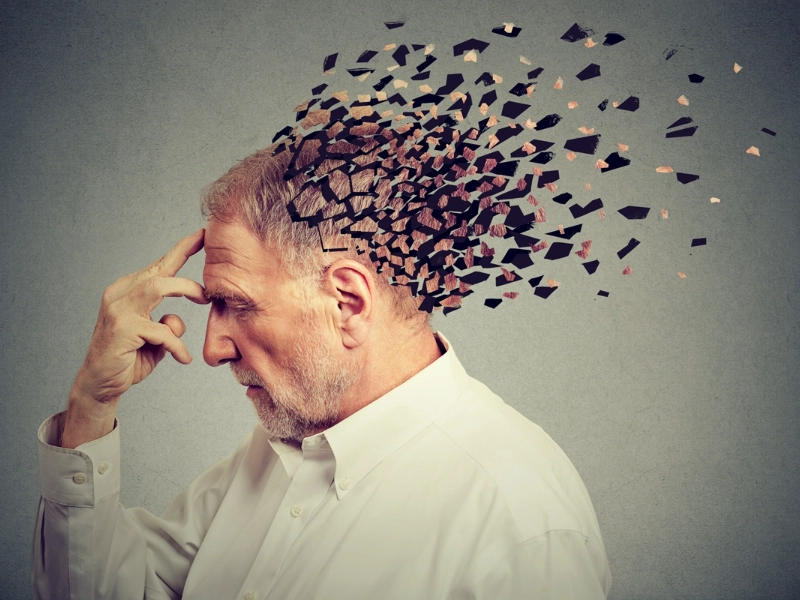What Could Lead to Memory Loss?
Advertisement
Depression

Advertisement
Depression can cause confusion and forgetfulness, as well as make it difficult to focus. Studies have indicated that depression may impact your short-term memory - an essential skill for completing tasks and recalling important information.
People suffering from depression typically have a shrinkage of the hippocampus, an area of the brain responsible for memory.
These changes are believed to be caused by a chemical reaction activated when the body experiences stress. Cortisol then causes shrinkage of the hippocampus.
Damage to the hippocampus can make it more challenging to form memories and access them later.
Fortunately, treating depression is usually a straightforward process with psychotherapy and stress management techniques. Medication may also be effective.
Before seeking medication to treat your depression, it's essential to get a definitive diagnosis. This will enable your doctor to rule out other conditions that could be causing memory issues.
Alcohol

Alcohol is a potent depressant that can have detrimental effects on memory and mental health. Even small amounts of booze can interfere with how well you recall events and impair your capacity for critical thought.
Alcohol can also make you forget newly learned information, such as words or details about an event. This type of memory loss is more prevalent among those who have been drinking for some time or who consume large amounts of booze.
After drinking heavily, some people may experience "blackouts," where they forget everything they had accomplished the night before. These can be temporary or last for days.
Recreational Drugs

Memory loss is often linked to Alzheimer's Disease or brain injuries, but it can also be caused by recreational drugs. Furthermore, drug abuse can lead to addiction - a serious mental health issue that requires treatment.
Numerous illicit drugs, including ecstasy and cocaine, have been known to lead to cognitive issues such as memory loss.
Furthermore, cannabis has been linked to memory problems. Studies have noted that long-term users of these substances experienced decreased working memory and impaired spatial processing.
Recreational drugs refer to any chemical substance taken for pleasure, relaxation or social purposes instead of as a medication. Common types include analgesics, depressants, stimulants and hallucinogens.
Other Mental Health Issues

Depression not only impairs memory, but other mental health conditions can also wreak havoc on your ability to recall. Anxiety disorders, for instance, make it hard to recall specific details from events.
These include generalized anxiety disorder, panic disorder, social phobia and agoraphobia.
Some individuals with these conditions may suffer from dissociative amnesia, in which they have no memory of their past experiences due to the breakdown of normal mental processes such as memory, consciousness and identity.
You May Like
Advertisement







